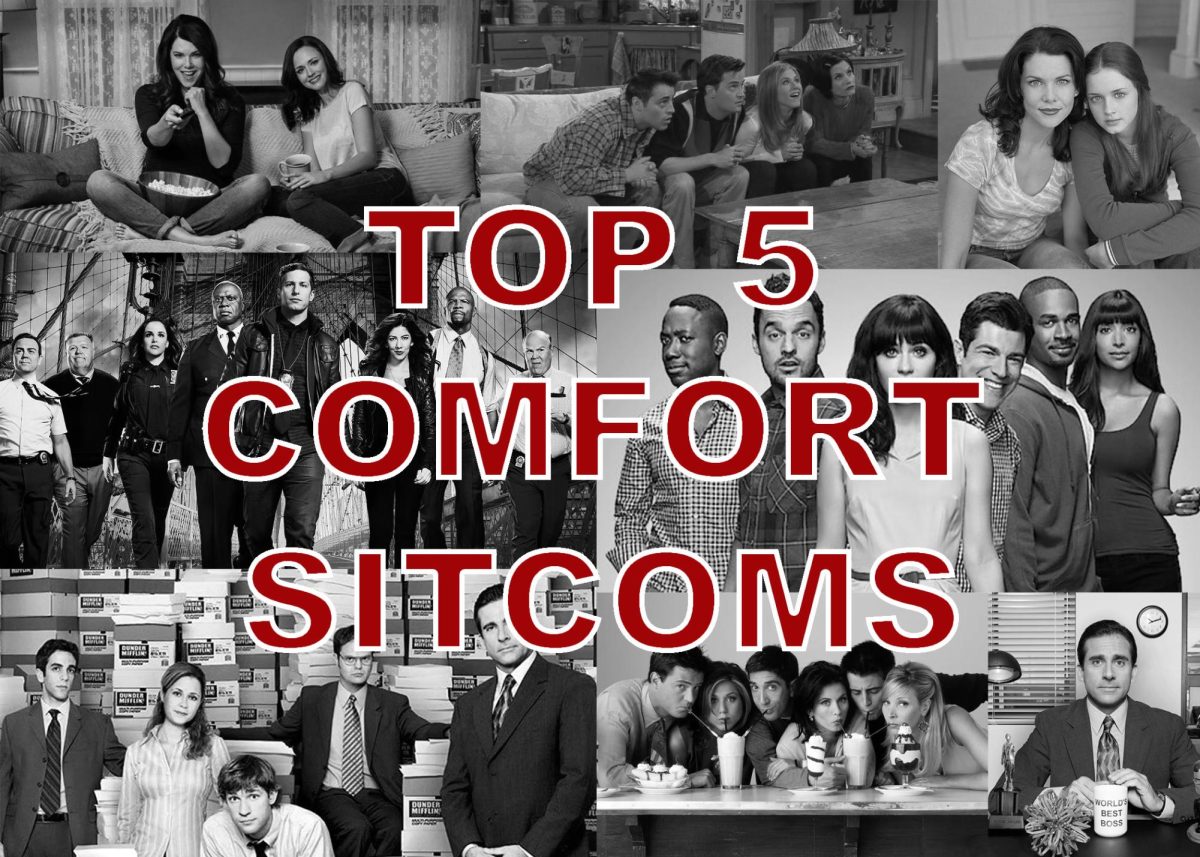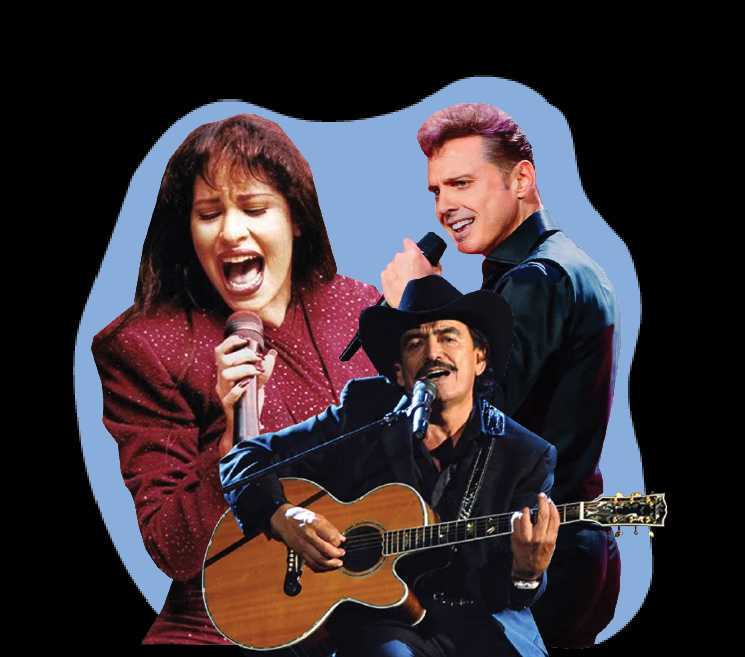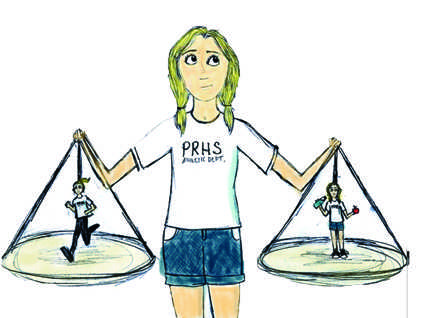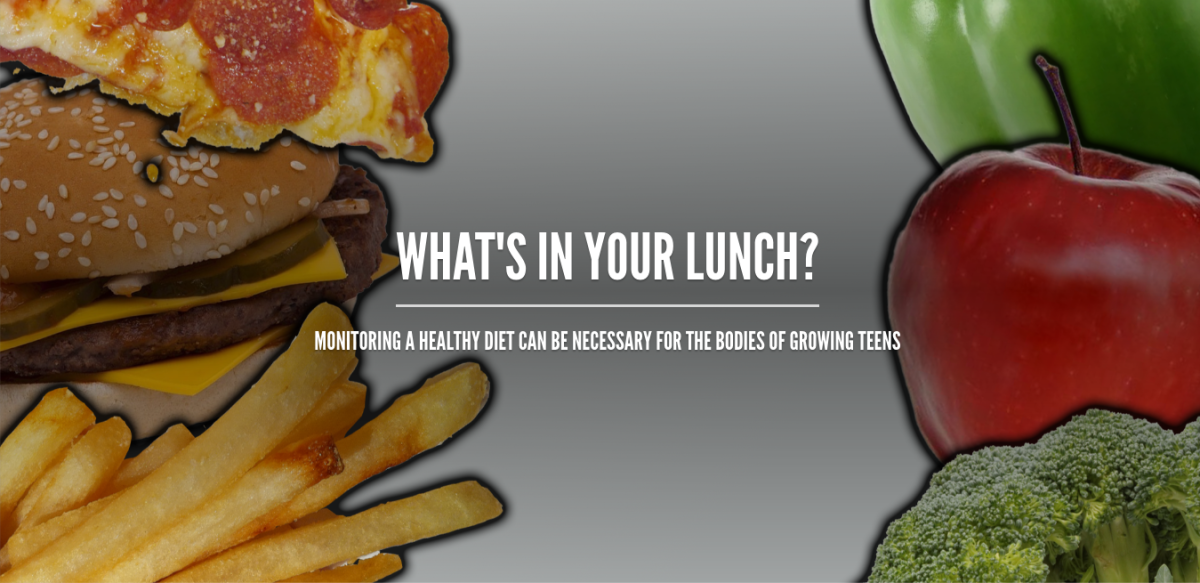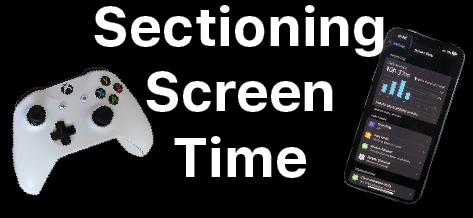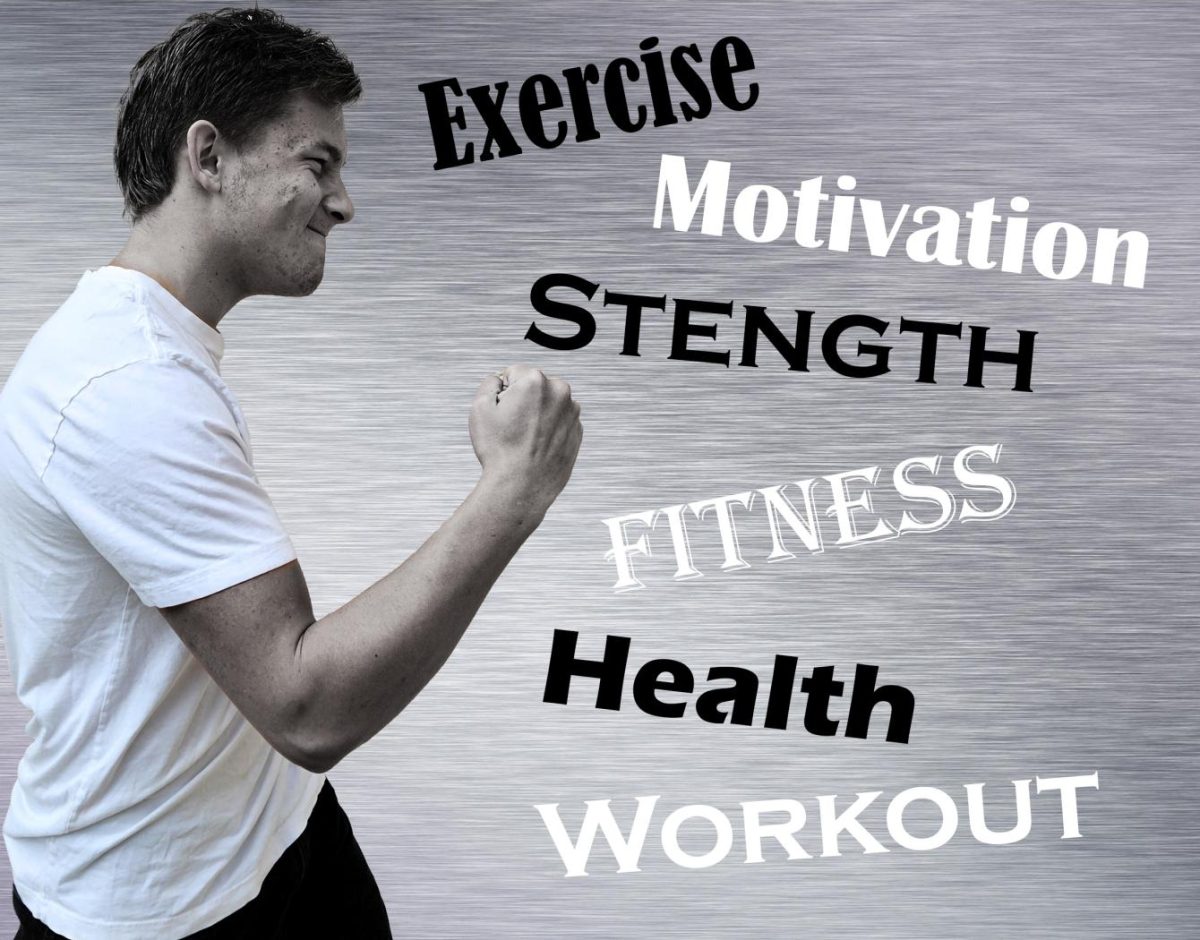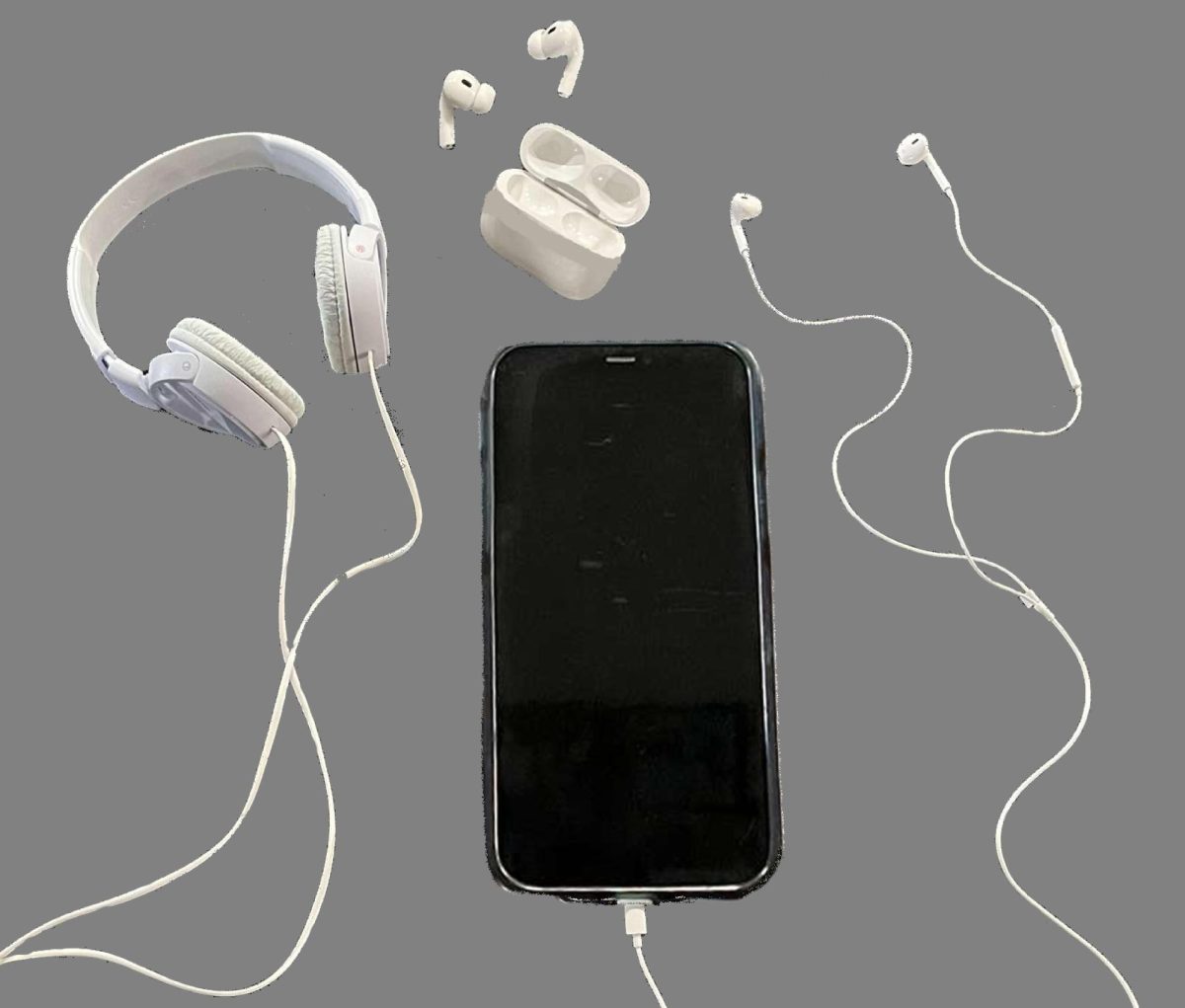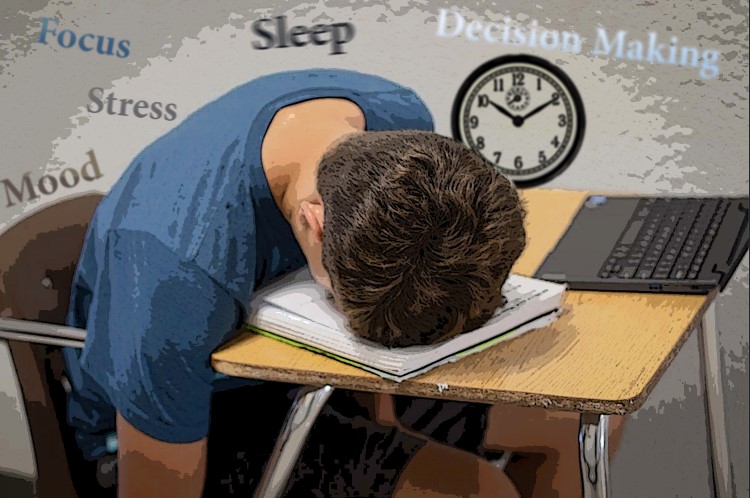Exercise and a good diet go hand in hand

Ever since grade school, we have all known that colorful pyramid with all the foods grouped within it. We learned about calories and presumably how many we should take in each day. Knowing what we consume is important, but even more important is finding the balance between food and exercise that varies from person to person based on their physical activities.
Although working out has its benefits, many people are under the impression that working out vigorously and eating less will lead to a better lifestyle. That’s not the case when food is your fuel as Marisa Bolivar, a local registered dietitian, explains.
“The metabolism is our inner engine…a simple analogy is a car. Just as our metabolism requires calories to function properly, a car requires fuel to run. If you don’t provide the metabolism with sufficient calories, it will not perform,” Bolivar said. She also mentioned the slowing of metabolism when a person eats less occurs because the body actually goes into survival mode and responds to less calorie intake, so it actually becomes more difficult to lose weight. Finding a balance of the calories among other nutrients you need to build muscle or healthily lose weight can be difficult because all of our bodies are affected by foods and activities differently. Some athletes excel in endurance, in quick jolts of speed, or just enjoy the positive effects of working out. Because it is crucial to maintain a balanced intake, knowing what fuels us is crucial for our health.
“We can think of a calorie as a unit of measuring the energy that food provides us. A longer or harder workout requires more calories (meaning, more energy) to support the training,” Bolivar said. Being aware of how much energy you will need is important for an active lifestyle.
The average calorie intake is 2,000 to 2,500, but elite athletes exceed this by over 1,000 or more calories, according to Huffington Post. Thus, the myth of eating less and working out more can be dangerous because of how much we must consume to keep ourselves in balance with our daily lives. Although calorie counting is something common among society today it is recommended by Bolivar to instead consume what makes our hunger feel satisfied because this is how our body naturally lets us know what is the perfect amount.
Bolivar explained that health risks on the body are also involved with this unhealthy habit of not eating enough, such as fatigue or the inability to replenish itself, because working out becomes more tiresome and injuries also become more frequent in athletes.
Keeping in mind that our body is a temple is crucial when one aspires to lose weight or change their diet. Making an overly drastic change can be dangerous because of all the health-related risks involved. Don’t focus as much on your calories and more on how your body feels with exercise and your balanced food diet.


